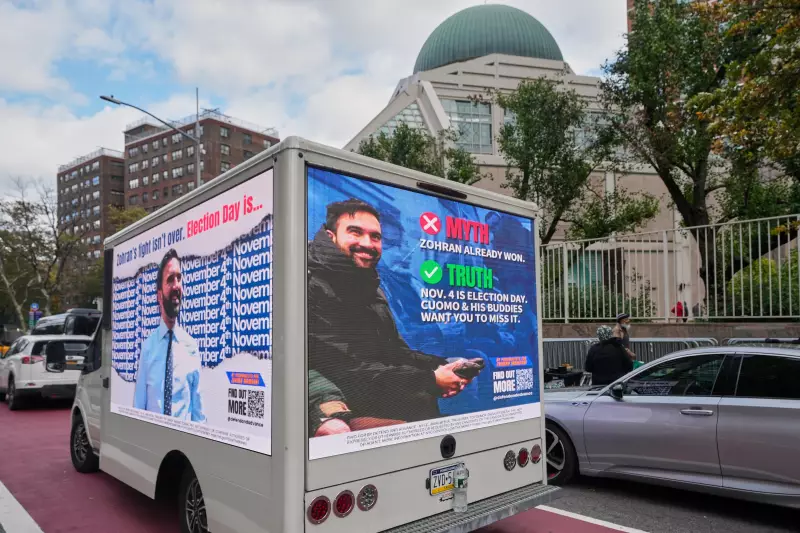
In a political landscape dominated by establishment figures, Zohran Mamdani's remarkable victory in New York City's elections signals a dramatic shift in urban politics. The Democratic Socialist's win wasn't just another election result—it was a powerful statement about the city's collective frustration with systemic failures and economic hardship.
The Unlikely Champion of New York's Discontent
Mamdani's campaign resonated deeply with New Yorkers who feel abandoned by traditional political structures. His victory represents more than just personal success; it embodies the city's cry for change amid growing economic disparities and institutional neglect.
What made Mamdani's approach different? Rather than following conventional campaign strategies, he directly addressed the pain points affecting ordinary citizens:
- Skyrocketing housing costs pushing residents to the brink
- Inadequate public services failing communities
- Growing wealth inequality creating two separate cities
- Systemic racism in housing and economic policies
Understanding the Voter's Despair
The electoral success stems from recognizing that New Yorkers aren't just dissatisfied—they're experiencing genuine despair. Years of unaddressed concerns about affordable housing, living wages, and accessible healthcare created fertile ground for Mamdani's progressive message.
This wasn't merely an election; it was a referendum on the establishment's failure to address core issues affecting millions of residents. Mamdani's ability to articulate these frustrations gave voice to communities that felt politically invisible.
The Socialist Strategy That Connected With Voters
Mamdani's campaign demonstrated that socialist policies, when framed around practical concerns rather than ideological debates, can gain significant traction. His focus on tangible solutions to everyday problems helped overcome traditional resistance to socialist candidates.
The victory suggests that New York's political landscape may be undergoing a fundamental transformation. Voters appear increasingly willing to embrace radical alternatives when conventional approaches consistently fail to deliver meaningful change.
What This Means for Future Elections
Mamdani's success establishes a new blueprint for progressive candidates in urban centers. The lesson is clear: candidates who genuinely understand and address voter despair can overcome significant political obstacles.
This electoral outcome sends a powerful message to establishment politicians across the United States. It demonstrates that voters are increasingly prioritizing substantive change over political tradition, particularly in cities grappling with severe economic challenges.
The Mamdani victory serves as both a warning and an inspiration—a warning to complacent political establishments and an inspiration for movements seeking to address systemic inequality through electoral politics.





